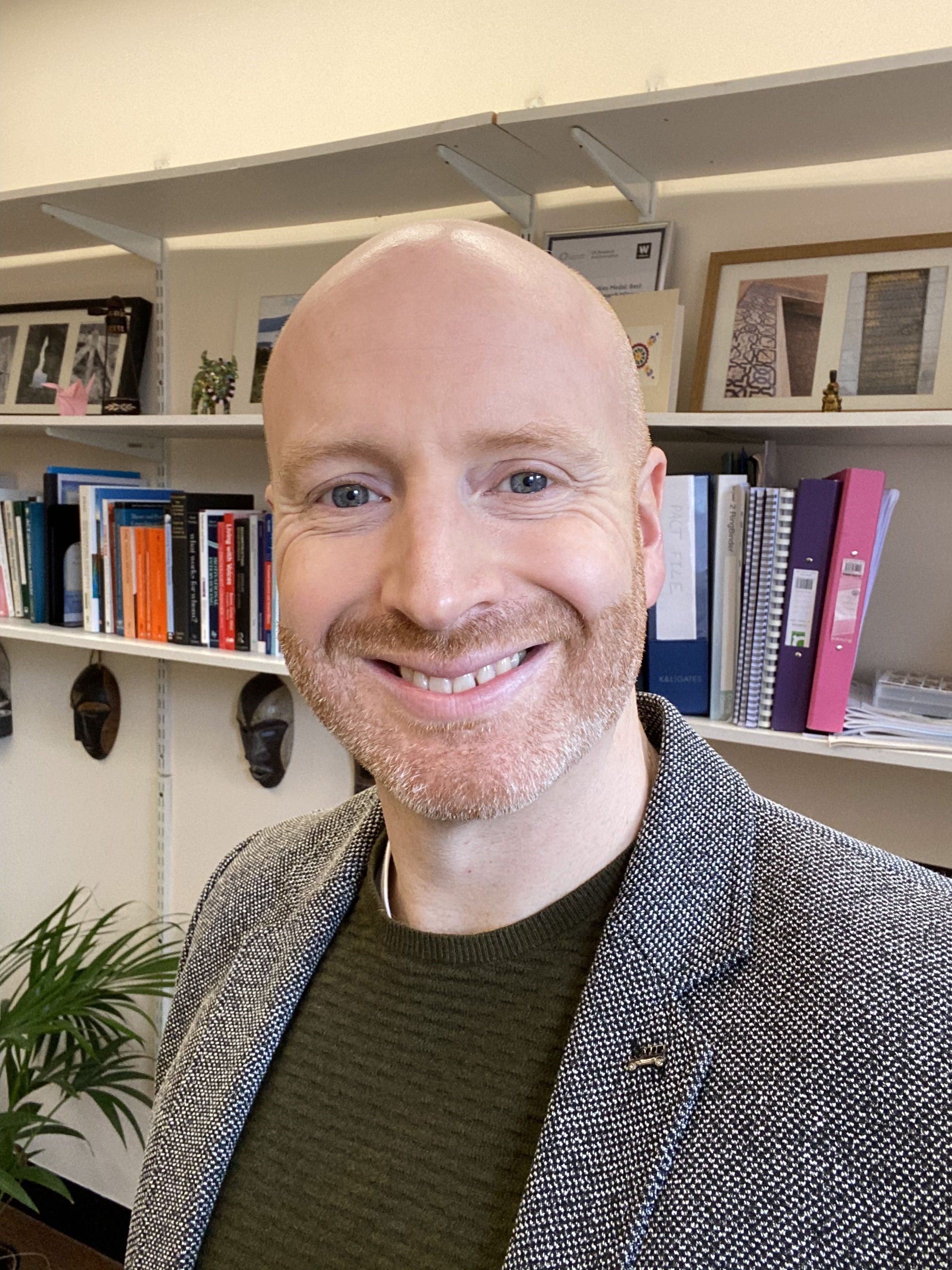Emotions are experiences that we are hardwired to have, and yet we often find ourselves trying to avoid or get rid of them. Modern life can encourage us to push the override button and press on through difficulties. Emotions can seem like an inconvenience. But when our lives become more about denying or fighting against our emotions rather than working with them, we can start to lag.
L.A.G. is the three-letter acronym that I use to capture the state of rigid, stilted emotional - and, ultimately, behavioural - inertia that can adversely impact our ability to thrive.
'L' stands for 'Lost' - lost to time and place, inside our heads, detached from what is happening around us, ruminating about the past, or worrying about the future.
'A' stands for 'Avoidant' - buying into the mind's stories that we won't be able to cope with certain emotions and avoiding situations that provoke strong emotions.
'G' stands for 'Grinding' - grinding out familiar routines according to the same old rules, even when these cease to move us towards what matters to us.
L.A.G. can lead us to feel disconnected, discontented and unfulfilled; it can lead to us living life small. To avoid experiencing challenging emotions, our minds create rigid rules that restrict how we act: 'I can't speak in front of other people because I'm worried it will go horribly wrong', 'I am not confident enough to take on a leadership role', 'I can't take on a new business venture, because of the fear that it will fail.'
Rules of this kind can take hold insidiously over time, and their impact can be profound - we stop trying new things. And this, in turn, can make us feel unmotivated, our goals seeming distant or unattainable. Perversely, more emotions, ranging from frustration to despondency, may show up when we realise that our 'go-to' strategies for dealing with challenges are no longer cutting it. All of this takes its toll. Research has found that L.A.G. - also referred to as 'experiential avoidance' - is a major contributor to mental health difficulties, distress, lower levels of wellbeing and poorer life functioning.
The breeding ground for L.A.G. can vary from person to person. For some, it can be a significant traumatic incident, while for others it can be a series of seemingly less significant events. The net result is the same: we get stuck in a loop of avoidant behaviours that diminishes our ability to thrive.
How a flexible mind can set you free
Flexibility or developing a 'flexible mind' as I refer to it in my work with clients will help counteract L.A.G. by supporting you in relating to thoughts and emotions in ways that will allow you to transform rather than conform. Just as physical flexibility allows us to be supple and pliable to meet the demands of physical exertion, improving our range of motion and reducing the risk of injury, a flexible mind allows us to be agile in responding to our emotions, thoughts and sensations so that we can both perform and feel well.
We all like to think that we are flexible in how we respond to life's ups and downs. But rigidity is the norm: we lose sight of what matters to us; we relate to difficult thoughts and emotions as things to be avoided, resisted or controlled; we get bound up in old routines that are no longer serving us; we get absorbed in our inner selves and miss important opportunities available in the world around us. A flexible mind challenges these attitudes.
We hear a lot about the importance of building better habits, and are told that better habits lead to better results. Many years of working with people operating in high-performance environments has taught me that this can certainly be the case; we can all use habits to fulfil our potential, whatever our chosen field might be.
But choosing to slavishly stick to routines is not always a recipe for success. Habits should never usurp the purpose they are intended to serve; the tail ends up wagging the dog when they do. Habits, too, need to flex. A flexible mind allows us to optimize our choice of behaviours to the situations and challenges we face. Habits are blind - it's flexibility that sees.
AWEsomeness
In my work with clients, I highlight that flexibility is about being AWEsome. Why? Because A.W.E. is the three-letter acronym I use to capture three key aspects of a flexible mind:
'A' stands for 'Anchored' - fully situated in time and place, and able to recognise that thoughts and emotions are momentary experiences that come and go. W stands for 'Willing' - able to accept their mind's story-generating tendencies, and being prepared to turn towards rather than away from the emotions associated with those stories. E stands for 'Empowered' - able to act in accordance with their purpose and personal values.
These three aspects of a flexible mind are the polar opposites of the L.A.G. that characterises a rigid mind.
- Being anchored is the opposite of being lost in our inner experience
- Being willing is the opposite of avoiding situations that provoke strong emotions
- Being empowered is the opposite of grinding our way through the same old routines

